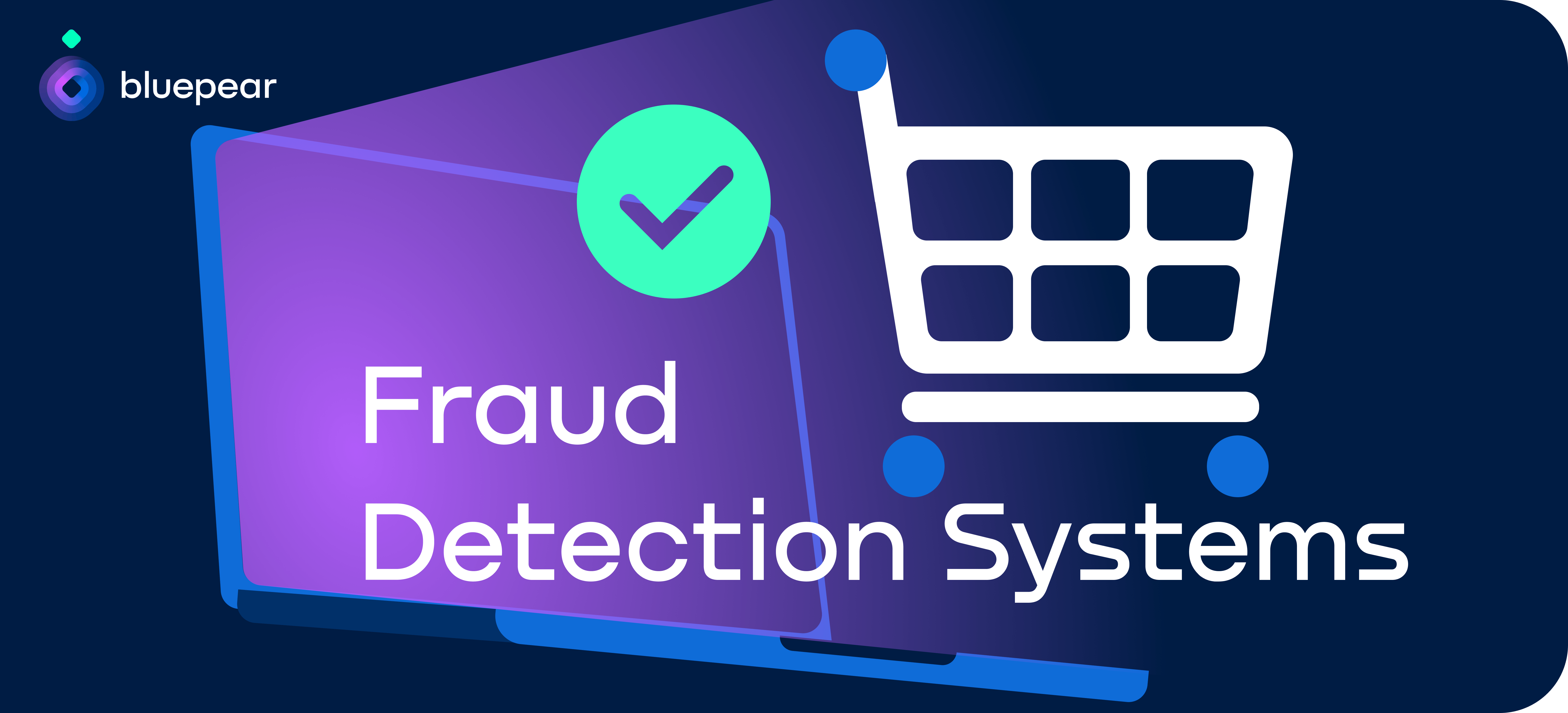
Contents
Now when online shopping has become more and more popular, ecommerce fraud has started to pose an ever-present risk for both consumers and businesses. Chargebacks, payment fraud, and identity theft can cause large financial losses as well as harm to a brand's reputation.
Therefore, ecommerce fraud protection is of utmost importance to avoid such fraudulence and keep ecommerce safe for users.
Understanding Ecommerce Fraud
Useful ecommerce fraud protection requires some measures that include a strong authentication system, ecommerce fraud detection settings, regular risk assessments, safety policies and procedures, and data monitoring. Analysis and training of your employees is also essential and cannot be neglected.
Strong Authentication Measures
A customer's account and payment information can be protected against unauthorized access with the use of strong authentication mechanisms. A customer's phone and a password together with two-factor authentication may significantly increase the security of an e-commerce site and prevent ecommerce fraud.
Fraud Detection Systems
Systems for ecommerce fraud detection can examine transaction data to spot suspicious behavior, such as unusually high or low purchase quantities, or a pattern of transactions coming from the same IP address. To get better over time at spotting fraudulent behavior, these systems can also apply machine learning techniques.
Regular Risk Assessments
Regular risk assessments can ensure that ecommerce businesses stay alerted about current fraud techniques and potential vulnerabilities in their systems. Such monitoring is very useful for ecommerce fraud detection. By conducting regular assessments, merchants can identify and address areas of weakness before they can be exploited by fraudsters.
Clear Policies and Procedures
Safety policies and procedures to prevent ecommerce fraud can assist ecommerce businesses in replying quickly and effectively when fraud does occur. Having established guidelines for handling chargebacks, for example, can help merchants avoid disputes and maintain good relationships with payment service providers.
Collaboration with Payment Service Providers
Collaborating with payment service providers can help ecommerce businesses access additional ecommerce fraud protection tools and technologies that can further strengthen their defenses against fraud.
Data Monitoring and Analysis
Ecommerce organizations can spot fraudulent activity trends and take preventative action by affiliate monitoring and analyzing their data.
Training and Educating Employees
Last but not least, educating and training staff members on best practices for preventing e-commerce fraud will help guarantee that everyone who works with e-commerce systems is aware of their responsibility for safeguarding client data and avoiding fraud.

Conclusion
Online businesses, as well as their clients, may be seriously threatened by e-commerce fraud. For the sake of preserving confidence, minimizing financial losses, and guaranteeing that ecommerce is secure for all parties, layering ecommerce fraud protection software must be used. Ecommerce companies prioritize brand protection to safeguard their reputation and income. They stay updated with emerging threats and implement preventative measures against fraudulent conduct.

